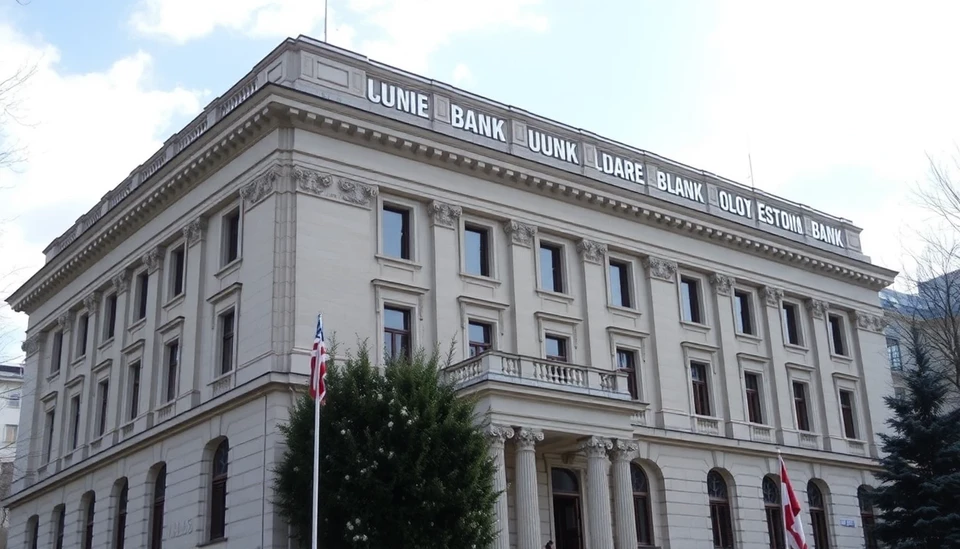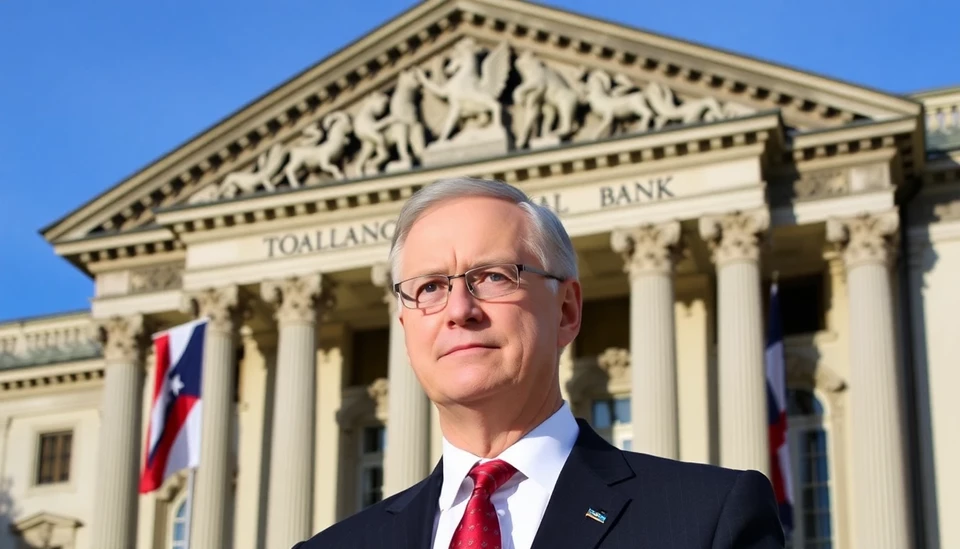
In a significant turn of events for Slovenia's financial landscape, the government is reportedly considering the appointment of former Prime Minister Janez Janša as the next head of the Bank of Slovenia. The discussions come amid ongoing assessments of the central bank's leadership and a broader strategy to enhance the country's economic stability.
Janša, who previously served as Prime Minister during various terms, has been a prominent figure in Slovenian politics and is viewed by many as a seasoned leader capable of navigating the complex financial environment. His potential appointment has sparked interest among economic analysts and political commentators, who speculate about the implications of such a move for Slovenia's monetary policy and economic framework.
Sources familiar with the discussions indicate that the government believes Janša's extensive experience in governance and economic matters may provide a solid foundation for the Bank of Slovenia moving forward. This is particularly relevant in the context of ongoing challenges associated with inflation, interest rates, and the broader European economic landscape.
The current central bank head, who has faced criticism for his handling of certain monetary policies, is reportedly set to conclude his term soon, paving the way for a new leadership that may align more closely with government objectives. Observers are particularly keen to discern how Janša's leadership, should he be appointed, could influence Slovenia's position within the Eurozone and its approach to maintaining economic stability in a volatile global market.
As discussions progress, the Slovenian public and various stakeholders are eagerly awaiting the official announcement regarding this potential change in leadership. The ramifications of appointing a former prime minister to such a pivotal role could either bolster public confidence in the financial institutions or raise questions about political interference in economic policymaking.
This situation highlights the intricate relationship between political leadership and economic management in Slovenia, reflecting broader trends observed across Europe. As the government weighs its options, the appointment of Janša could signal a strategic pivot aimed at reinforcing Slovenia’s financial institutions during this critical period.
As Slovenia prepares for a potential transition in its central banking leadership, economists and analysts alike will be monitoring developments closely to understand how this decision might redefine the nation's economic trajectory in the coming years.
#Slovenia #CentralBank #JanezJansa #Economy #Finance #Leadership #MonetaryPolicy #PoliticalNews
Author: Daniel Foster

